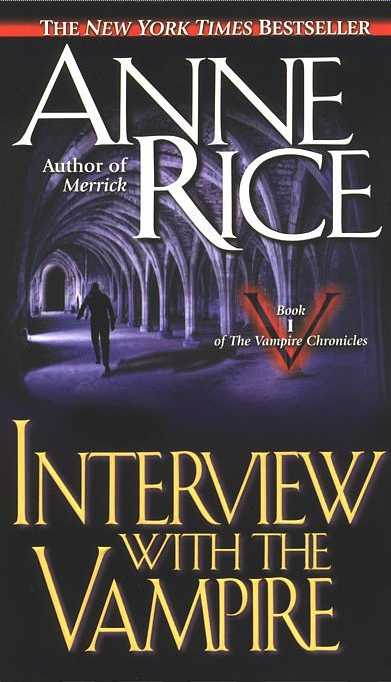
I certainly forward my thanks to Sourcebooks for graciously offering copies of two new releases in their developing line of Young Adult novels. Being someone who remains encamped in the young adult section, I am positively overexcited by the eagerness for publishers to expand their catalog to include this niche in publishing. Even with that, I cannot simply overlook this book's glaring errors all because of respect for a company's willingness to include more young adult books amongst their releases. Peering at the premise, I became stoked for what appeared to be a novel about justice, vengeance, and love in Gothic wrapping.
Instead, I procured a book that expressed promise of a well woven tale with these elements subtly expressed. Yet, the writing itself did not reveal this promise even after fifty or so pages. Consequently, the book's weak, ineffective prose left me feeling detached and uninterested in the fates of the main characters. More concerning was the repetition of certain words or images. Can you not see my predicament? Some minute part of me fervently wished to be completely invested in the novel's story. A major part of me wanted to empathize with the characters and be emotionally affected by their plights. Being as the greatest stories cause their readers to be affected by the troubles that befall beloved characters or identify with the pain wrought by certain tragedies that happen to some of the characters.
It pains me to express such negative feelings about this particular work since the novel itself has a very attractive cover. Additionally, Sourcebook's marketing strategies have allowed a bridge to connect readers and publishers. This bridge has effectively caused readers to feel a potency of power over the types of books they wish to see released through this publisher. Certainly, many readers will enjoy this work and may even find Eden Maguire's story to be edifying.
Again, this opinion remains only one solitary opinion among a breadth of differing opinions, ranging from negative to positive. As with most reviews, I allow room for the reader to ultimately decide upon their opinion of a specific work. I encourage everyone to at least check out this work and not feel discouraged in any manner by this review. Since everyone will hold different opinions, based on different expectations and tastes.










